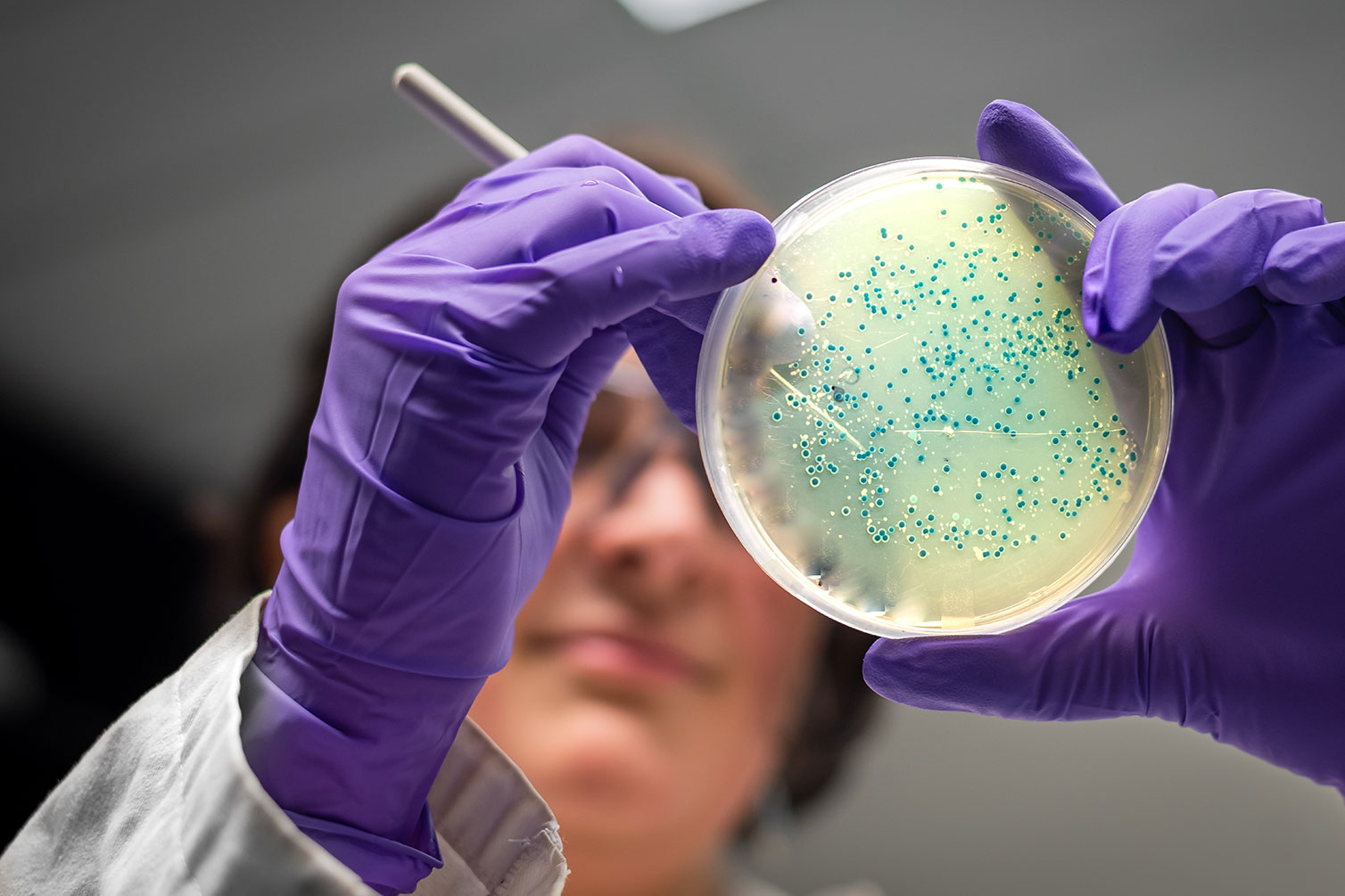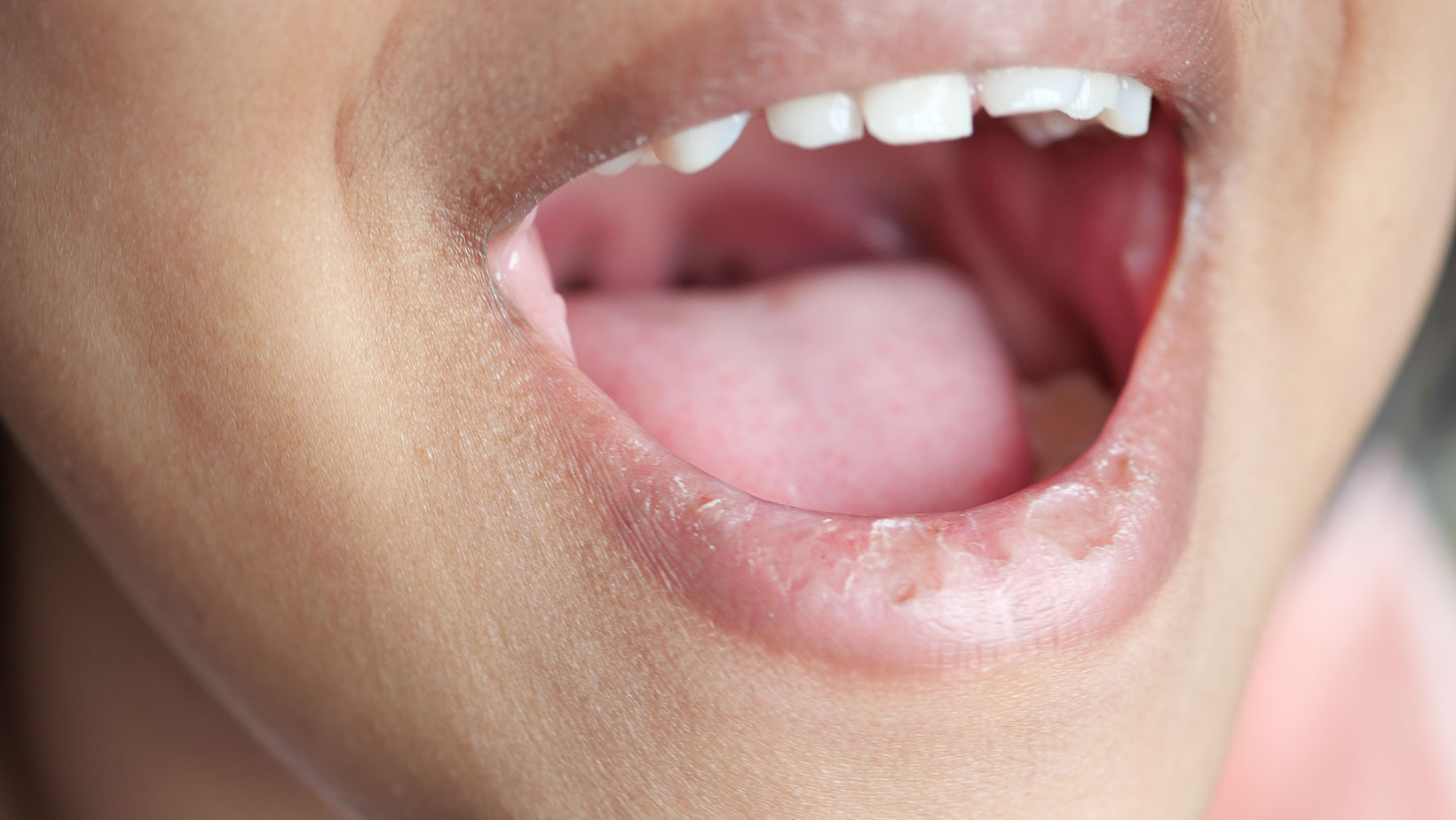In recent years, interest in the human microbiome has exploded—especially regarding gut health. But did you know mouths also host a complex community of bacteria that is vital to overall well-being?
Known as the oral microbiome, this ecosystem of “good” and “bad” bacteria influences the health of teeth and gums, the immune system, and even the risk for certain chronic diseases. Understanding and maintaining a healthy oral microbiome can be a powerful and often overlooked way to support whole-body health from the very first bite.
What is the Oral Microbiome?
The oral microbiome refers to the diverse community of microorganisms—mainly bacteria, viruses, fungi, and protozoa—living in the mouth. Scientists estimate there are around 1000 species of bacteria that can inhabit different areas of the oral cavity, including the teeth, gums, tongue, cheeks, and even the tonsils. While some of these microbes are harmful and can contribute to cavities, gum disease, and bad breath, many are beneficial.
These “good” bacteria in the mouth play a protective role by keeping harmful species in check, supporting the immune system, and aiding in digestion right from the start of the digestive tract. A balanced oral microbiome forms a kind of first line of defense against pathogens and inflammation, not just in the mouth but throughout the body.

How the Oral Microbiome Affects Overall Health
When this balance is disrupted—through poor diet, smoking, stress, or inadequate oral hygiene—it can lead to what’s called dysbiosis. This imbalance can trigger oral health issues and may contribute to larger systemic problems.
When harmful bacteria outnumber the good, they can cause gum disease, which leads to chronic inflammation. This inflammation doesn’t stay local; it can spread throughout the body, raising the risk of serious conditions like cardiovascular disease, stroke, and even complications in diabetes. Some studies have also linked oral bacteria to respiratory infections, suggesting that what lives in the mouth could end up in the lungs, especially for those with a weakened immune system.
There’s also a strong connection between oral bacteria and inflammation in the gut. Since digestion begins in the mouth, an imbalanced oral microbiome may disrupt the rest of your digestive system. In essence, the mouth is a gateway—and maintaining its health can help reduce inflammation, support the immune system, and lower the risk of disease. This growing body of research reinforces that a healthy mouth isn’t just cosmetic—it’s an essential part of long-term wellness.
What Affects Good Bacteria in the Mouth?
Several factors influence whether your oral microbiome remains balanced or shifts toward a state of dysbiosis, where harmful bacteria dominate.

Diet
High sugar and processed foods fuel the growth of cavity-causing bacteria like Streptococcus mutans, while fiber-rich and fermented foods can promote beneficial bacterial populations. However, supporting the oral microbiome isn’t just about avoiding sugar—it’s about fostering the right conditions for good bacteria to thrive. Staying hydrated also supports saliva production, which naturally helps wash away excess food and bacteria.
Oral Hygiene Habits
Brushing and flossing help prevent plaque buildup, a sticky film where harmful bacteria thrive. But it’s also possible to go too far—excessive use of alcohol-based mouthwashes can kill off good bacteria and the bad, disrupting the mouth’s delicate ecosystem.
Lifestyle Choices
Smoking and chronic stress have both been linked to an unhealthy oral microbiome, while medications like antibiotics can wipe out bacteria indiscriminately, potentially leading to imbalances. Even sleep and exercise have indirect effects through their influence on inflammation and immune function.
How to Improve the Oral Microbiome
Improving the oral microbiome starts with a combination of smart habits and mindful choices that encourage the growth of beneficial bacteria while keeping harmful microbes in check. One of the most effective ways is to eat a diet that supports microbial diversity. Choose whole foods rich in fiber, antioxidants, and naturally occurring probiotics—like leafy greens, yogurt, and fermented foods. Avoid excessive sugar and refined carbs, which feed harmful bacteria and increase the risk of cavities and gum disease.
Good oral hygiene remains essential. Brush your teeth twice a day with a gentle, non-alcoholic toothpaste and floss daily to remove debris where bacteria might hide. Consider using a natural or microbiome-friendly mouthwash—many traditional options can wipe out both good and bad bacteria, disrupting the balance you’re trying to maintain.
Regular dental visits are another key part of the equation. Cleanings and early treatment of issues like cavities or gum disease prevent harmful bacteria from gaining a foothold. If left untreated, these conditions can throw the oral microbiome out of balance and spark inflammation.
Finally, focus on overall health. Sleep, stress management, and quitting smoking all play a role in maintaining a healthy environment in the mouth—and, by extension, the entire body.
The Mouth is Key to Whole-Body Health
The oral microbiome may be small in size, but its impact on health is anything but. This intricate ecosystem of bacteria plays a crucial role in protecting teeth and gums, regulating inflammation, and supporting your immune system. When in balance, the oral microbiome acts as a natural defense system—but when disrupted, it can contribute to oral diseases and broader health concerns like heart disease, diabetes, and digestive issues.
As research continues to uncover more about the connections between oral and overall health, one thing is clear: your mouth isn’t separate from the rest of your body—it’s a vital part of it. Taking care of your oral microbiome is a powerful step toward lifelong wellness. If you’ve neglected your oral health, getting on the road to recovery is simple—book an appointment with a dentist near you today.


